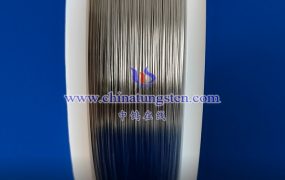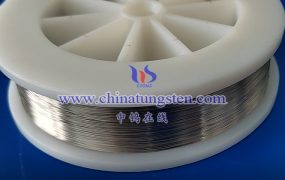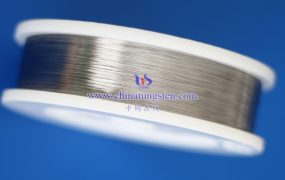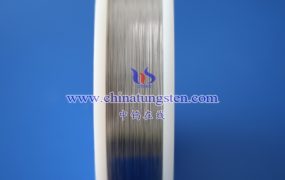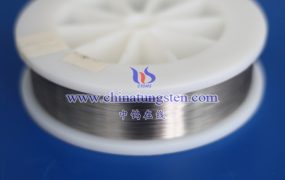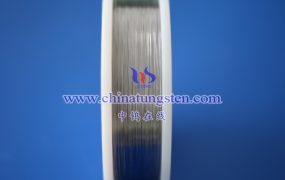
Tungsten needles can potentially be used for the fabrication of microscale fuel cells. Fuel cells convert the chemical energy of a fuel into electrical energy by passing the fuel through an electrode, where it is oxidized and releases electrons, which then flow through an external circuit to generate electricity. Tungsten has been studied as a possible material for fuel cell electrodes due to its high electrical conductivity, good corrosion resistance, and high melting point.
One study investigated the use of tungsten microneedles as anodes in a microscale methanol fuel cell. The microneedles were fabricated using focused ion beam milling and were shown to have good electrical conductivity and catalytic activity for methanol oxidation. However, further research is needed to optimize the design and performance of tungsten microneedles for fuel cell applications.
